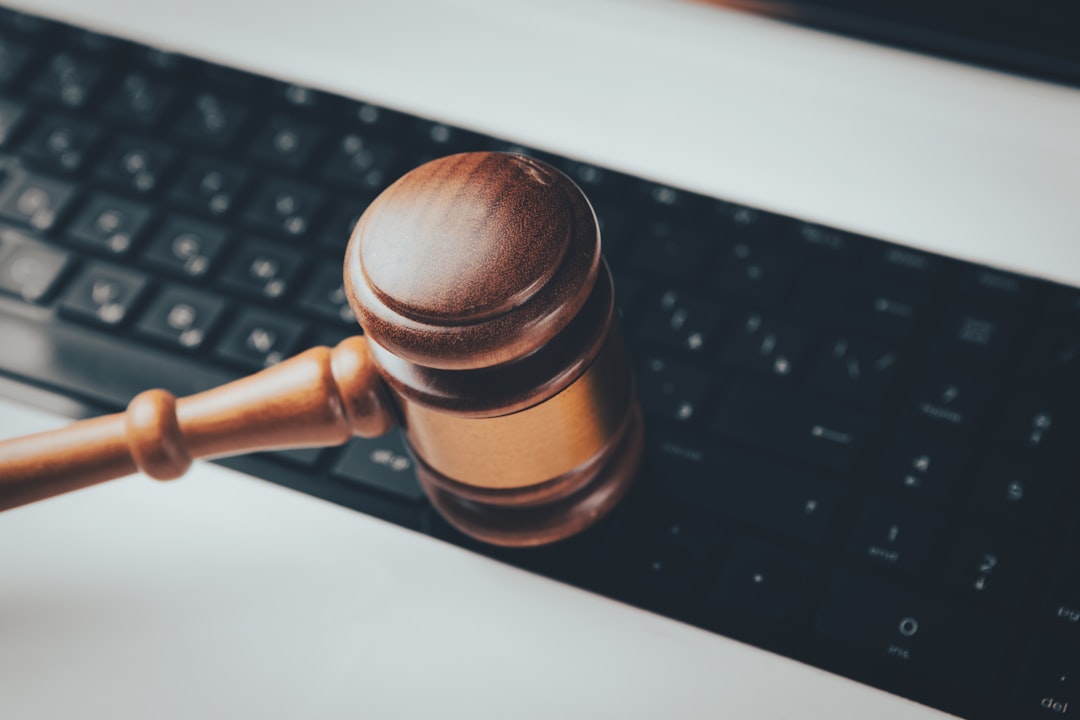Online sexual harassment is a growing concern among Stamford's students due to the digital nature of education, with cases involving explicit messages, intimate image sharing, cyberstalking, and unwelcome sexual comments. Connecticut's robust legal framework addresses this issue through school abuse law firms, prohibiting direct and indirect harassment via electronic communication. To combat online sexual harassment, Stamford schools need a strategic approach including digital citizenship programs, clear policies, content filtering tools, teacher training, survivor support, and collaboration with local school abuse law firms for expert advice. These strategies aim to create safer learning environments, hold perpetrators accountable, and foster a culture of respect and understanding.
Online sexual harassment is a pervasive issue, particularly in today’s digital age. This growing concern impacts Stamford schools, requiring immediate attention. In this comprehensive guide, we explore various aspects of online sexual harassment and its implications for students. We delve into Connecticut’s robust school abuse laws and discuss effective prevention strategies for Stamford educational institutions. Additionally, resources are provided to support survivors, emphasizing the importance of a safe learning environment, backed by local law firms specializing in school abuse cases.
Understanding Online Sexual Harassment: A Growing Concern in Schools

Online sexual harassment is a pervasive issue that has significantly impacted Stamford’s student body, underscoring the urgent need for effective strategies to combat this modern form of abuse. With the increasing reliance on digital platforms for education and communication, students are more vulnerable than ever to online predators who exploit these spaces to engage in harassing and abusive behavior. This problem extends beyond traditional school walls, affecting students both inside and outside the classroom.
School abuse law firms in Connecticut have noted a concerning rise in cases involving online sexual harassment, which can take various forms, including explicit or suggestive messages, non-consensual sharing of intimate images, cyberstalking, and unwelcome sexual comments. Such actions create a toxic environment, hindering students’ ability to learn and develop. Addressing this issue requires a multi-faceted approach involving education, policy implementation, and collaboration between schools, legal experts, and community organizations to ensure a safe and supportive educational experience for all Stamford students.
The Legal Framework: Connecticut's School Abuse Laws and Their Impact

In Connecticut, addressing online sexual harassment in school settings is governed by a robust legal framework designed to protect students and hold perpetrators accountable. The state’s school abuse laws are comprehensive, encompassing digital spaces as part of their definition of school property. These laws not only prohibit direct harassment but also indirect forms that occur through electronic communication, such as social media and messaging apps. School abuse law firms in Connecticut play a crucial role in interpreting these statutes and ensuring their effective implementation.
The impact of these laws is significant, providing a legal backbone to protect students from various types of online harassment. By holding schools and individuals responsible for addressing and preventing such incidents, the legislation fosters a safer learning environment. These laws empower students to report instances of online harassment without fear of retaliation, knowing that Connecticut’s school abuse law firms are available to guide both victims and perpetrators through the legal process, ultimately deterring future instances of sexual harassment.
Strategies for Prevention and Intervention within Stamford Schools

Addressing online sexual harassment in Stamford schools requires a multi-faceted approach. Schools can prevent and intervene through a combination of education, policy, and technology. Implementing comprehensive digital citizenship programs that teach students about online safety, privacy, and respectful communication can help foster a culture of consent and understanding. Policies should clearly outline acceptable use of digital platforms and establish reporting mechanisms for incidents of harassment, ensuring swift action from administrators.
Technological solutions like advanced filtering systems, monitoring software, and social media management tools can aid in detecting and blocking inappropriate content. Collaboration with Connecticut school abuse law firms can provide expert guidance on policy development, legal obligations, and best practices for intervention. Regular training for teachers and staff on recognizing and responding to online harassment ensures a proactive and supportive environment for all students.
Supporting Survivors: Resources and Advocacy for a Safe Learning Environment

Supporting survivors of online sexual harassment is paramount in creating a safe learning environment at Stamford schools. Educational institutions should implement robust policies and procedures to address and prevent such incidents, ensuring that all students feel secure and valued. This includes providing accessible resources for reporting, counseling services for affected individuals, and educational programs aimed at fostering digital citizenship and empathy. Collaboration with local Connecticut school abuse law firms can offer crucial legal guidance and support, ensuring accountability and justice for survivors.
Schools play a vital role in empowering students to recognize and combat online harassment. By promoting open dialogue, offering training on digital safety, and encouraging peer support, schools can build a resilient community that protects its members. Additionally, partnering with advocacy groups and legal professionals specializing in school abuse cases enables the establishment of comprehensive strategies to hold perpetrators accountable and foster a culture of respect and understanding.





